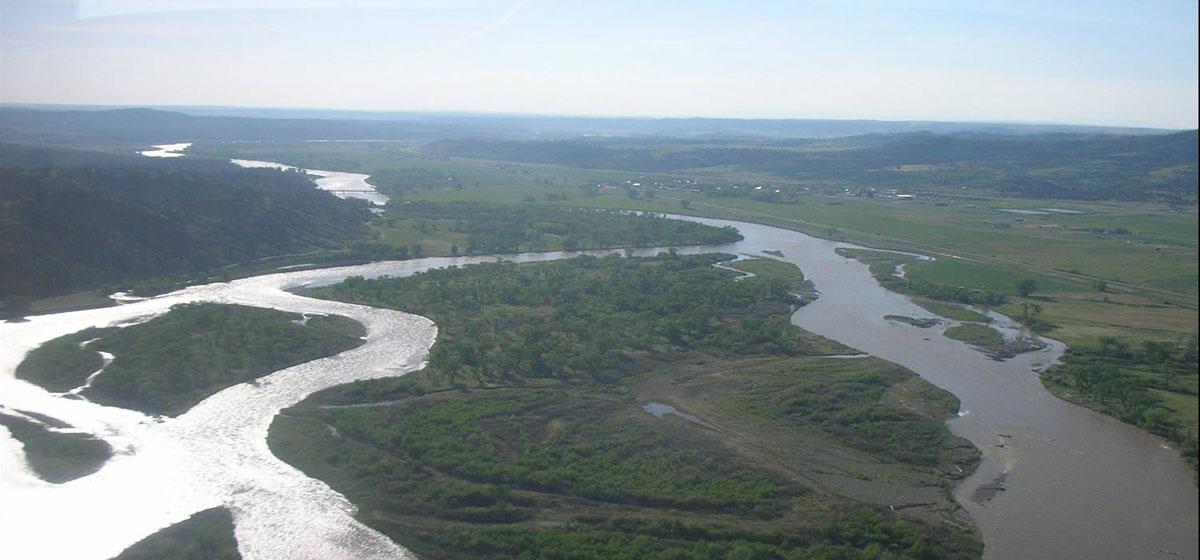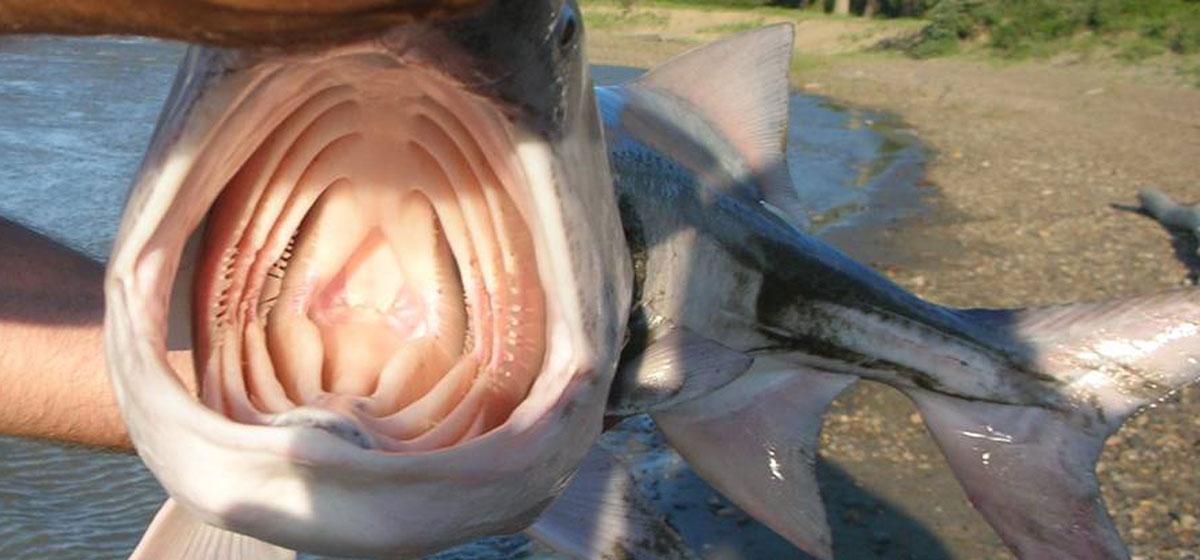Environmental Studies
Welcome to the Environmental Studies Program
Mission Statement
Our students benefit from living in one of the most ecologically diverse, environmentally spectacular, and managerially complex regions of North America. Yellowstone National Park, the northern Rockies, and the northern Great Plains are all within a short drive of the MSU Billings campus. Located thus, the Environmental Studies program provides a well-rounded interdisciplinary approach to understanding our natural systems and the role of humans in those systems. The program is dedicated to experiential learning opportunities and community collaboration.
The curriculum builds students’ understanding of environmental issues as reflections of societal values and behaviors, environmental technologies and sciences, and environmental policies. As an interdisciplinary program, students have course options in beginning and advanced Geographical Information Systems (GIS), advanced ecology, environmental advocacy and applied social media campaigns, historical perspectives of the environmental movement, Native American perspectives on environmental issues, environmental sociology, and artistic and literary representation of the environment, and more.
For this major students will select a “Career Track” to guide their course selections that will simultaneously move them towards graduation and particular careers: a) Environmental Studies with skills in Geographical Information Systems; b) Environmental Advocacy; c) Environmental Management and Policy; and/or d) Environmental Studies with skills in Eco-spatial Analyses. An internship experience is required and enhances skills and job marketability. Students will work with their major advisor to select and design this opportunity, typically with local, state, and federal agencies, private firms, laboratories and/or in the field. Students may add Minor Fields of Study to broaden their career opportunities.
The faculty of the Environmental Studies program are drawn from existing academic programs across the university. Many are involved in environmental research supported by research grants. They also publish scholarly works and regularly attend national conferences. Students are encouraged to participate in faculty-mentored research opportunities, present at conferences, and earn degree credit for their scholarly work. The faculty also serve in various capacities within community organizations and agencies. Their involvements outside the classroom enhances the curriculum and the learning objectives of the program. Occasionally, courses are taught by individuals from the community of environmental professionals in the Billings area, thus bringing the “real world” directly into classroom.
The program has a proven record of preparing students to succeed in environmental occupations found in public and private sectors of the Montana and regional economy. As well, the program has successfully advanced students into numerous masters and professional degree programs, including Urban and Regional Planning, Natural Resources Management, Environmental Sciences, Environmental Management, Master of Business Administration, and Forestry and Fire Management.
Bachelor of Arts Degree - Environmental Studies
As an interdisciplinary program, the courses are coordinated across eleven fields of study. For further information, contact Dr. Susan Gilbertz.
Faculty in Environmental Studies
Susan Gilbertz
Environmental Studies Advisor Professor of Geography
Faculty Profile
Featured Alumni
Dennis Elliot ('05)
Hydrologic Technician, US Geological Survey, Billings
“Most degree programs have a specialized and narrow focus right. However, the EVST program allows you to get started when you don’t know exactly what type of work you will eventually seek. Once you find an area of interest (Hydrology, GIS, Geology, etc.), you can take courses that fit your goal. Understanding different scientific fields was helpful, both in terms of making a positive impression during interviews and in terms of my first job assignments.” -Dennis Elliot




